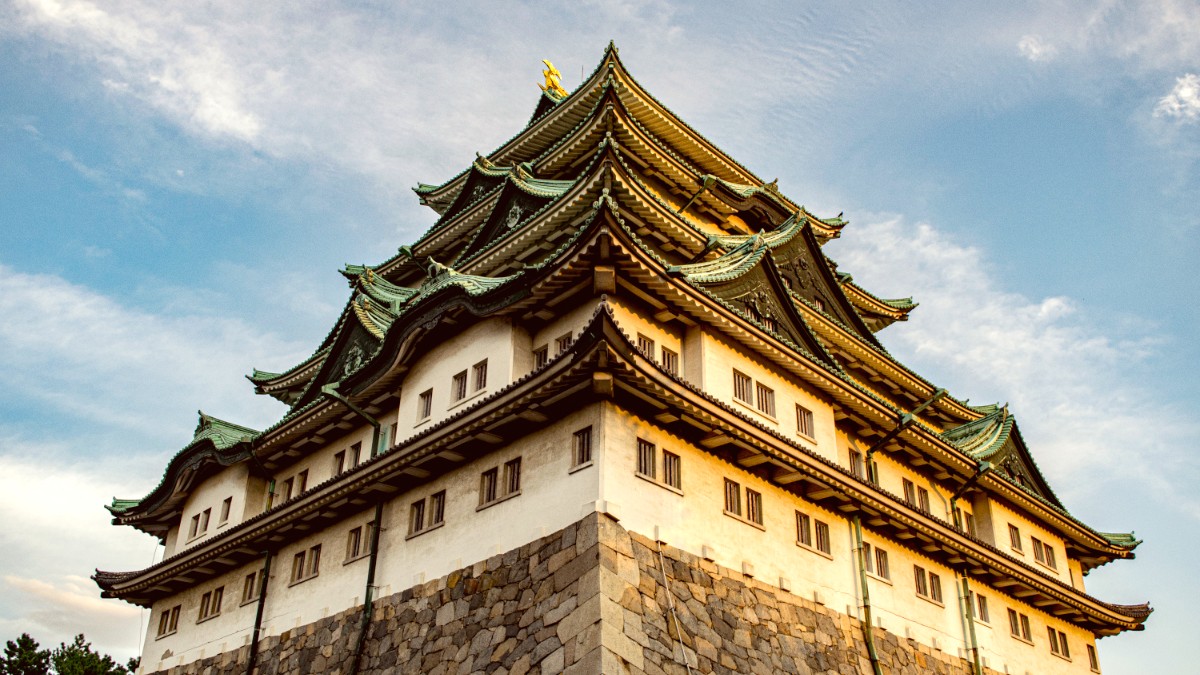
Central Honshu, Japan
Nagoya features parks and green spaces actively maintained. Japan holds strong environmental protection laws.
Japan has strict and complex recycling rules. Public trash cans are scarce; carry your trash.
Be mindful of water usage. Tap water is safe for consumption; a reusable bottle curbs waste.
Respectful interaction and awareness of local customs enrich your experience and honor Nagoya's heritage.
Support the traditions and arts that shape Japanese heritage.
Foster positive interactions through polite conduct.
Capture memories responsibly and respectfully.
Show reverence when visiting temples and shrines.
Look for hotels that demonstrate a commitment to sustainability through energy-saving practices and waste reduction.
Find eco-friendly lodging at Ecobnb.Consider carbon offsetting your flights to and from Japan to curb your environmental footprint.
Explore carbon offsets with Terrapass.Embrace local etiquette. Simple gestures and polite conduct foster positive interactions.
Your choices as a traveler directly support local communities and economies.
Your spending can directly benefit the Nagoya economy.
Choose products and experiences that align with ethical practices.
Ensure your travel choices do not contribute to exploitation or negative impacts.
Avoid any activities exploiting animals, like those involving captive animals performing for entertainment.
Do not acquire items made from endangered species or illegal wildlife products.
Begging rarely appears in Japan. If encountered, direct giving of money generally finds no recommendation. For contributions, locate reputable local charities.
Contribute positively to local well-being by choosing ethical experiences and supporting responsible businesses.
By traveling responsibly, you promote a positive and sustainable future for Nagoya, leaving a lighter footprint and cultivating genuine cultural exchange.